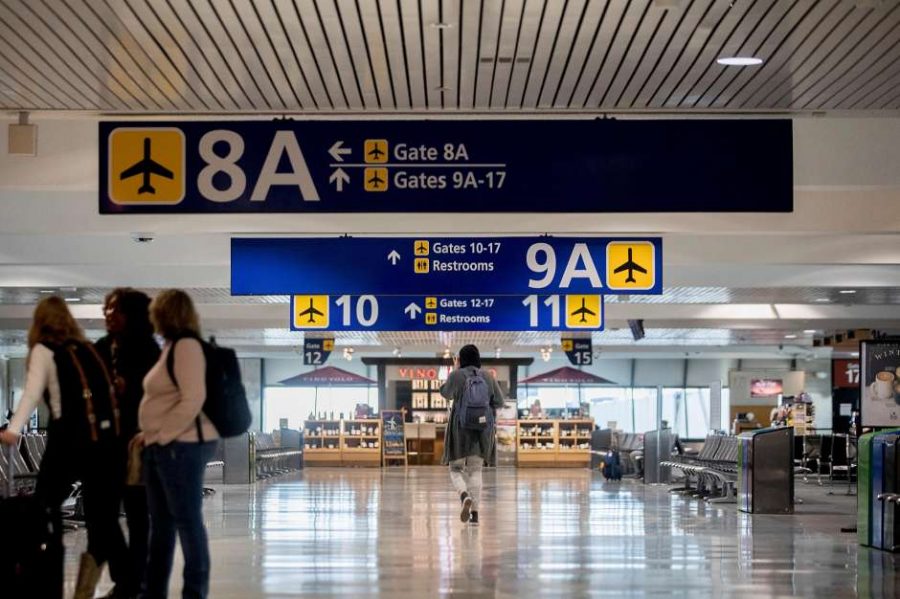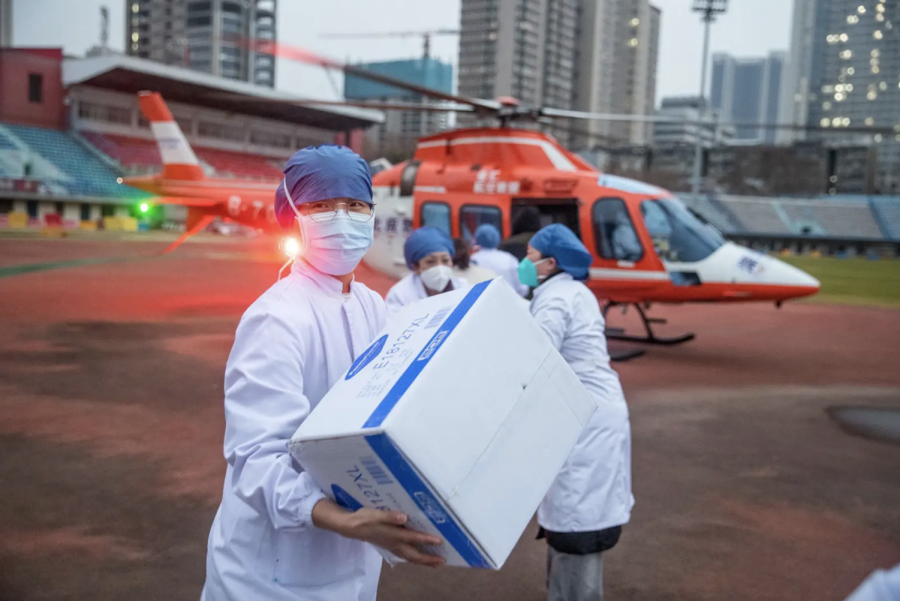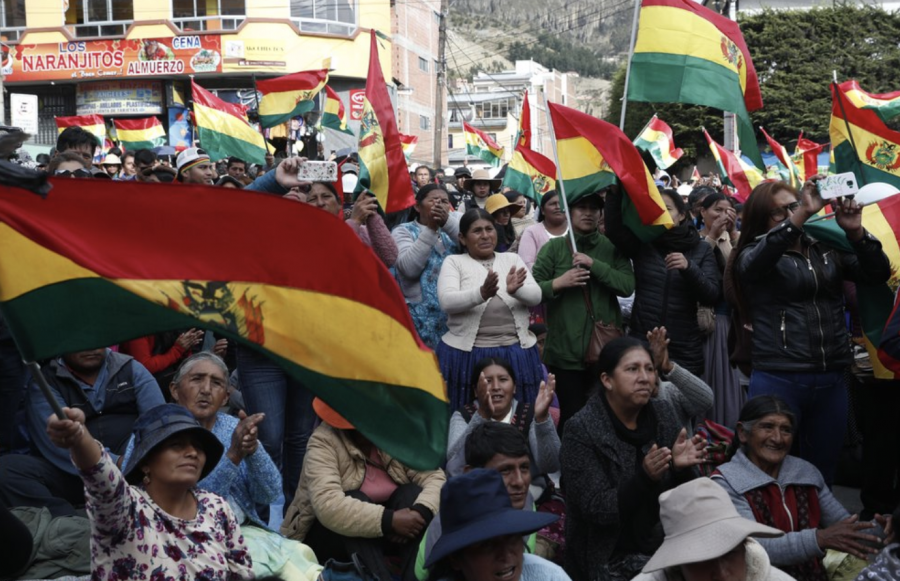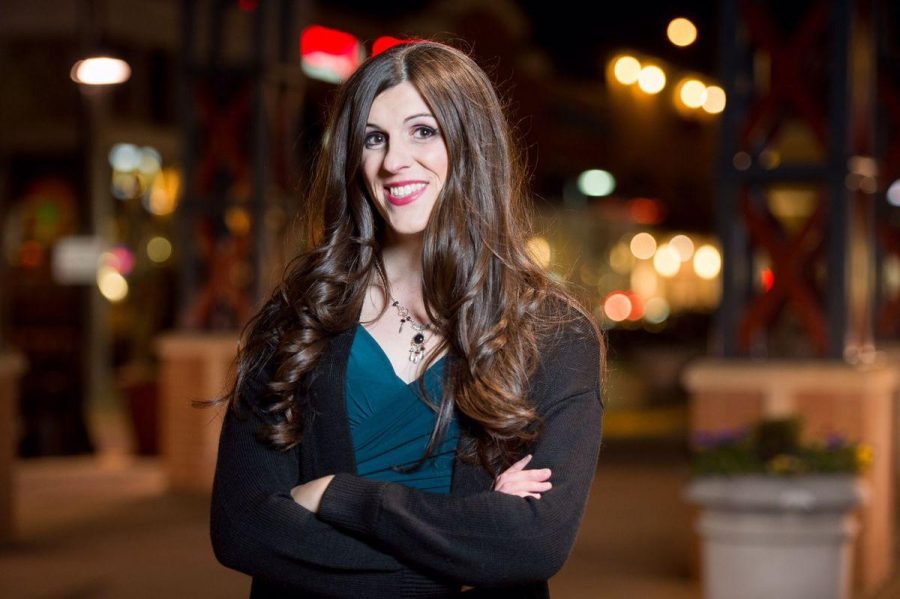By Amanda Bibbins
Staff Writer
 In the international community, one Simmons professor is aiming to make a huge difference. Professor Mariam Raqib of the Political Science and International Relations Department started her non-profit organization Afghanistan Samsortya in 2008.
In the international community, one Simmons professor is aiming to make a huge difference. Professor Mariam Raqib of the Political Science and International Relations Department started her non-profit organization Afghanistan Samsortya in 2008.
“Samsortya” is Pashto for “revitalization,” which is what this non-profit aims to do for the environment in Afghanistan.
Raqib remembers the lush trees in her great-grandfather’s gardens in eastern Afghanistan, and learning to love nature in that setting. It is from these fond memories that she derives much of her enthusiasm for her work.
Very quickly after the Soviet Union invasion of Afghanistan in 1979, that natural world which Raqib loved was turned upside down. Her family was among the 6 million Afghans who fled for safety during that time. First they went to Pakistan, then to the U.S. where her family sought political asylum.
Raqib found herself asking “Where do I fit in as an individual?” and heard the term “global citizen” from one of her professors at Wells College, a small women’s institution at the time.
“I wanted to be constructive. I wanted to be responsible. I wanted to be productive,” Raqib says. “I wanted to know what I could do.”
In 2004, Raqib returned to Afghanistan while working on her dissertation for her graduate studies at Northeastern University, ready to put her studies in political theory to use. The area looked much different than she remembered. Afghanistan used to be filled with arable land, and 80 percent of employment came from jobs produced by farming.
However, 80 percent of the trees in the natural forests had been intentionally destroyed by the U.S.S.R. during the war. In addition, the country had been irreparably mined then neglected.
“The ecosystem is so fragile and so exquisitely beautiful that it’s all connected in so many ways,” Raqib says. “When one part goes missing, or is destroyed, it’s going to have an impact. So the loss of trees meant so much for the people and the country.”
Saddened by the remains of the district of Surkhrud, Raqib realized she needed to do something to help the community. The population that greeted Raqib was one that was maimed after the decade of war and occupation.
Raqib noticed in her trips to the city of Kabul how children were forced to rummage through trash in the city of 5 million to find food scraps and trash for burning for their families. “It was a scarred place,” Raqib reflects. It was there that Raqib saw the potential in the countryside for refugees who are now returning to the area.
Calling upon memories of her uncles who helped plant apple trees in the community during the war in the 80s, Raqib decided to start a grassroots organization in the region she remembered fondly from her childhood.
She first began her discussions with local farmers to identify what they would need in the area; water and available land topped the list. “I had to do a great deal of fundraising to dig a borehole that would provide us with enough water to be able to start a small tree nursery, at the same time providing water for the local 150 households,” Raqib recalls.
The organization was also able to find 1,000 acres of community land in Ningrahar, a province in eastern Afghanistan, where Raqib’s family originates. She attributes a part of her success to being familiar with the culture and language of the region.
From there, Afghanistan Samsortya received small donations of fast-growing drought-resistant seeds, and the work took off.
Raqib credits the local farmers, with whom she works closely, with handling security concerns in the volatile region. In addition, much of the problem-solving is done by those who are “on the ground” in the area. The project truly is for and by the people.
Afghanistan Samsortya has immersed itself in local culture, bringing fig trees to the area at the request of the people; dried fruit has huge significance on the population whose main exports include fruits and nuts. In addition, the small groupings of trees provide shade for meetings, where politics are historically conducted, weddings are held, and parties are hosted.
The organization has grown to three nurseries, each equipped with wells, one of which has solar panels. The solar panels were the idea of locals, a request Raqib was gladly able to fulfill. Because many local families know what to do with the orchards, the organization bears little to no cost of educating the community in farming. The organization is not just planting trees, but empowering the population once again.
Raqib is especially impressed by the loyalty and dedication groups domestically and internationally have shown to the organization. “People care about this place that’s thousands of miles away because its well being has an impact on our well being here,” Raqib reflects. “Where there are parts of the world that are devastated, its impact is going to be felt elsewhere.”
The next goal for Professor Raqib and Afghanistan Samsortya is to raise funds on GlobalGiving.org to put toward expanding their projects. GlobalGiving aims to help non-profits that take grassroots approaches to global issues.
Raqib now works to mobilize a new generation of “global citizens” as a professor herself. She also emphasizes the importance of being a “steward of the planet” with her students, and the young people she connects with around the world.
For more information on Afghanistan Samsortya, go to afghanistansamsortya.org.























